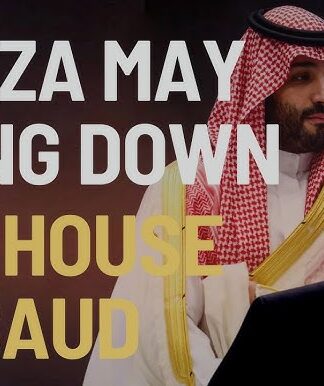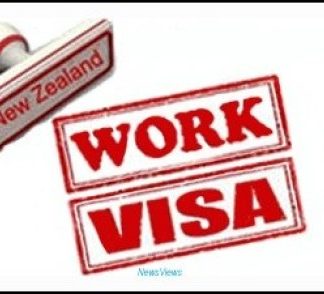
A South Korean army soldier walks by a TV news program showing a file image of missiles being test-launched by North Korea, at the Seoul Railway Station in Seoul on Sunday. (Ahn Young-joon/Associated Press)
North Korea fired a ballistic missile Sunday local time from a region near its west coast that flew 700 kilometres, South Korea’s military said, days after a new leader took office in the South pledging to engage in dialogue with Pyongyang.
The military said the missile was fired from a region named Kusong located northwest of Pyongyang, where the North previously test-launched an intermediate-range missile it is believed to be developing, the last time in February.
- North Korea fires projectile into sea off east coast, South Korean military says
- North Korea attempts, but fails, to launch missile
Japan said the latest missile reached an altitude of more than 2,000 kilometres and flew for 30 minutes before dropping into the sea between North Korea’s east coast and Japan. The North has consistently test-fired missiles in that direction.
The U.S. military’s Pacific Command also said North Korea had fired a missile near Kusong, but added that the flight was not consistent with an intercontinental ballistic missile.

North Korea attempted but failed to test-launch ballistic missiles four consecutive times in the past two months, but has conducted a variety of missile testing since. (Wong Maye-e/Associated Press)
The missile launch was detected at approximately 10:30 a.m. Hawaii time, and landed in the Sea of Japan, a U.S. PACOM spokesperson said in a statement.
“The type of missile is being assessed and the flight was not consistent with an intercontinental ballistic missile,” the spokesperson said.
South’s new leader calls launch ‘clear violation’
South Korean President Moon Jae-in, who took office on Wednesday, held his first National Security Council meeting as president in response to North Korea’s latest missile launch, which he called a “clear violation” of UN Security Council resolutions, the presidential office said.
“The president said while South Korea remains open to the possibility of dialogue with North Korea, it is only possible when the North shows a change in attitude,” Yoon Young-chan, Moon’s press secretary, said at a briefing.

South Korean President Moon Jae-in speaks at a meeting of the National Security Council in Seoul, early Sunday. Moon won Tuesday’s election on a platform of a moderate approach to North Korea. (Yonhap via AP)
South Korea’s national security chief, Kim Kwan-jin, spoke to U.S. National Security Adviser H.R. McMaster on Sunday, South Korea’s presidential office said. They agreed to strengthen cooperation to denuclearize North Korea, it said.
Moon won Tuesday’s election on a platform of a moderate approach to North Korea and has said he would be willing to go to Pyongyang under the right circumstances, arguing dialogue must be used in parallel with sanctions to resolve its neighbour’s defiance of the international community.
- ANALYSIS | South Korea’s Moon revives ‘sunshine’ strategy for North Korea, but Kim likely has other ideas
North Korea has briefly reported on Moon’s election win and said conservatives in South Korea should be thrown out for good for inciting confrontation between the rival states.
Trump ‘cannot imagine that Russia is pleased’
U.S. President Donald Trump “cannot imagine that Russia is pleased” with North Korea’s latest missile test on Sunday, as it landed closer to Russia than to Japan, the White House said in a statement.
“With the missile impacting so close to Russian soil — in fact, closer to Russia than to Japan — the President cannot imagine that Russia is pleased,” the White House said in its statement.
The launch served as a call for all nations to implement stronger sanctions against reclusive North Korea, the White House added.
Pyongyang poses ‘grave threat’ to Japan: Abe
Chief Cabinet Secretary Yoshihide Suga said North Korea’s firing of a ballistic missile would be a violation of UN resolutions, and that Japan strongly protested the action. Prime Minister Shinzo Abe repeated the protest in comments to reporters.
“North Korea’s repeated missile launches are a grave threat to our country and a clear violation of UN resolutions,” Abe told reporters, adding Japan will stay in close touch with the United States and South Korea.

Japanese Prime Minister Shinzo Abe speaks to the media in Tokyo shortly after learning that North Korea conducted a missile launch test. Abe says North Korea’s missile launches pose ‘a grave threat’ to Japan. (Hiroki Yamauchi/Kyodo News via AP)
The North attempted but failed to test-launch ballistic missiles four consecutive times in the past two months, but has conducted a variety of missile testing since.
Weapons experts and government officials believe the North has accomplished some technical progress with those tests.
U.S. President Donald Trump warned in an interview with Reuters in late April that a “major, major conflict” with the North was possible, but he would prefer a diplomatic outcome to the dispute over its nuclear and missile programs.














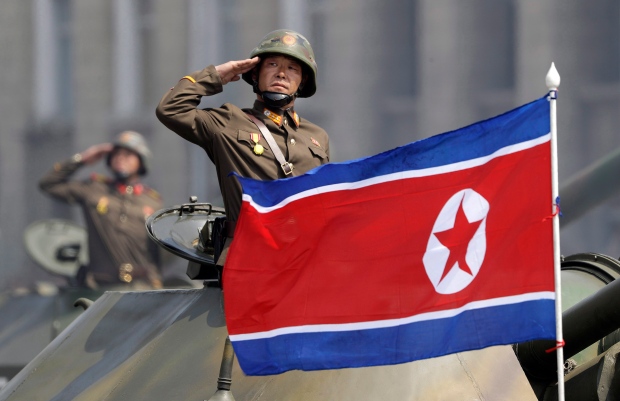








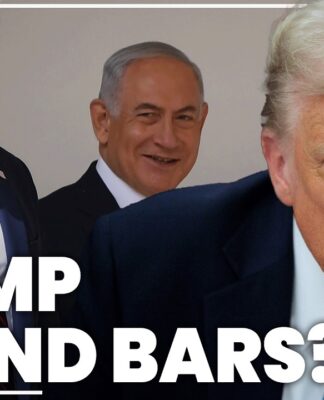

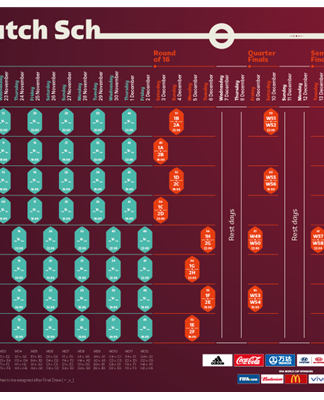
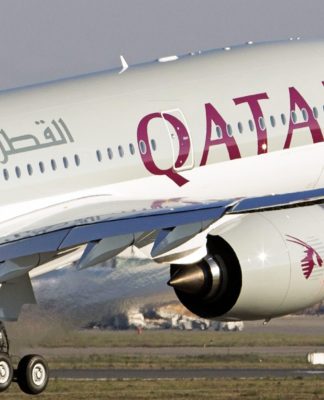
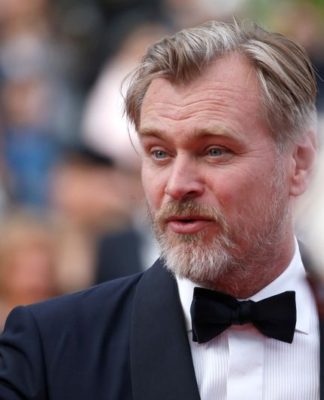

 Housing Crisis 2025: This Is WHY New Tariffs Will DRIVE UP Rent Prices Across the US
Housing Crisis 2025: This Is WHY New Tariffs Will DRIVE UP Rent Prices Across the US
